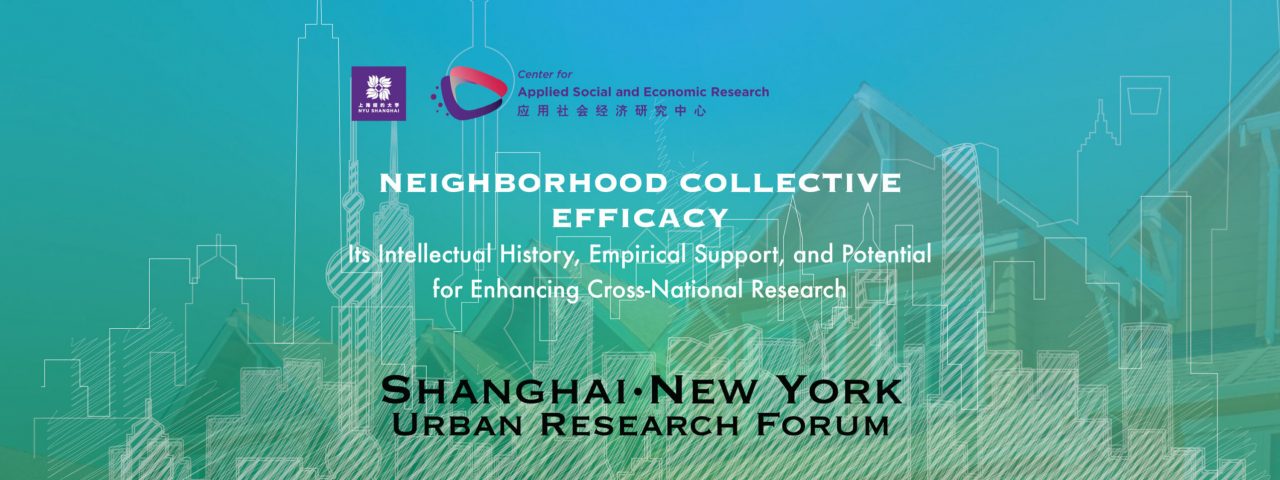Share:
Neighborhood Collective Efficacy: Its Intellectual History, Empirical Support, and Potential for Enhancing Cross-National Research

- Stephen W. Raudenbush, University of Chicago
- 8:45-10:15 am, Saturday, November 20, 2021 (CST)
- Seminar hosted via Zoom
Abstract
Neighborhood collective efficacy reflects the capacity of local residents to act together to achieve common goals. It flourishes when residents know each other, share common values, and trust each other. It is domain-specific rather than general; Neighbors who effectively monitor and supervise local youth may or may not foster the cognitive skills of those youth. Local resource deprivation, residential instability, and past crime undermine the collective capacity of neighbors to maintain public safety. However, controlling for these, collective efficacy predicts reduced crime and social disorder. I’ll briefly consider key methodological advances. But key questions remain unanswered: When does local solidarity generate hostility to outsiders? Do locally efficacious neighborhoods welcome new immigrants? Is local collective efficacy a substitute or a complement to effective formal control? For example, in China, where the formal organization of urban neighborhoods is far more developed than in the United States, does collective efficacy remain analytically useful? What, then, is the role of collective efficacy in cross-national research on urban life and public policy? We’ll find time to discuss these and other open questions.

